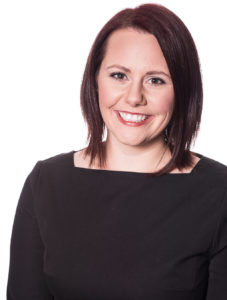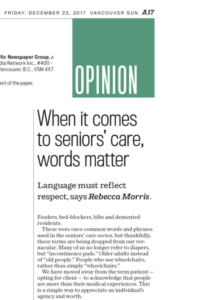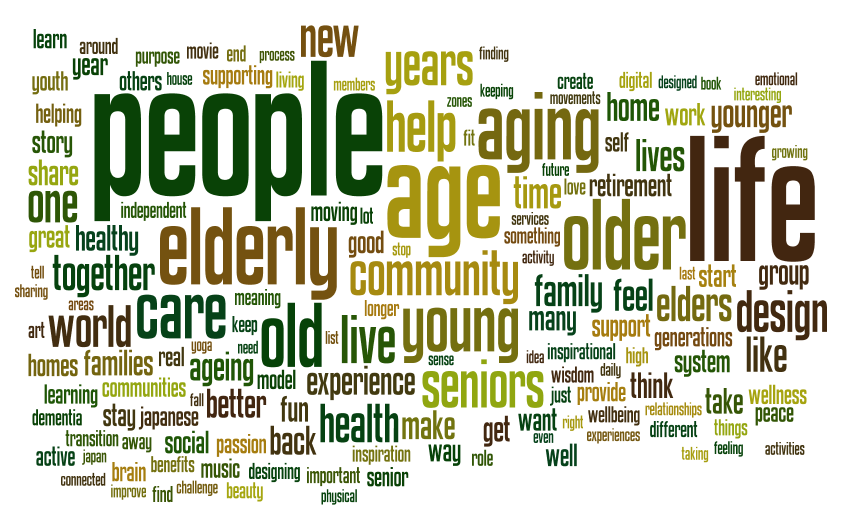By Rebecca Morris
Feeders, bed-blockers, bibs and demented residents.
These were once common words and phrases used in the seniors’ care sector, but thankfully, these terms are being dropped from our vernacular. Many of us no longer refer to diapers, but “incontinence pads”. Older adults instead of “old people”. People who use wheelchairs, rather than simply “wheelchairs”.

We have moved away from the term patient — opting for client — to acknowledge that people are more than their medical experiences. This is a simple way to appreciate an individual’s agency and worth.
People are increasingly aware that language matters when it comes to continuing care, and this is no accident.
Advocates for the dignity of seniors make the case that we must pay attention to how we speak about older adults, especially those who are receiving support. Through their tireless leadership we have made strides as a sector.
But we still have a lot of ground to cover.
In 2015, the B.C. Care Providers Association made the case to stop using the “F” word. We asked leaders in the seniors’ care sector and the public to move away from calling care homes “facilities”.
After all, what images does the word “facility” conjure up? Most of us envision bleak, hospital-like settings.
We do not think of the music therapy, dedicated care aides, art on the walls, or the bonds that form between residents in these places.
The word facility ignores efforts focused on improving quality of life for seniors, and it is ignorant to the ways that care home staff work to connect with a senior who might be afraid, anxious or upset. Most importantly, the “F” word overlooks that we are striving to create homes for seniors. Homes which often will be the final place a person will live.
Many of you rose to the challenge to eradicate the “F” word.
But have you made a joke about dementia, a fatal disease, lately? Have you talked about “bed-blockers”? Have you referred to someone “loosing their marbles”?
Be honest.

If you have not, maybe you have referred to someone as “suffering with dementia” or having “mental health problems”, rather than living with dementia, or experiencing mental health challenges.
“Bed” is another turn of phrase which the seniors’ care sector has become laden with. It is commonplace to talk about the number of “beds” operated, the number of “beds” a new building will accommodate.
Thinking carefully about this term, however, does it not deliver images of totally inactive, bedridden seniors? The idea of “warehousing” the elderly, which so many of us have dedicated our working lives to dispelling?
When we talk about beds, we are in reality talking about people. Our language should reflect that.
From time to time we all inadvertently say something that is insensitive, or inappropriate. This is because language, by its very nature is fluid and amorphous.
As a sector, we are committing to providing the best care for seniors as possible. By the same token, we should therefore strive to be conscious of the language we use.
This means asking ourselves whether commonly-used words and phrases could be considered infantilizing or stigmatizing. It has only occurred to many of us, for example, that the term “residential care” would be triggering to Canada’s Indigenous population, whom might equate these places with residential schools.
This is not about being politically correct. It is about shifting our approach, checking our privilege and refining our approach. Identifying ageism where it exists, and thinking critically about how it affects both care and quality of life for seniors is a worthy goal.
Ageism is often referred to as the last accepted “ism.” But like other forms of discrimination, we must make an effort to eradicate it.
Few of us would use the other ”F” word in polite conversation. How hard should it be to stop using “facilities”?
Simply by making these minor adjustments in our language usage, will go a long way toward being respectful and inclusive of seniors in B.C.
Originally published in Vancouver Sun. Rebecca Morris is Manager, Public Affairs for Assisted Living and Home Care for B.C. Care Providers Association.




